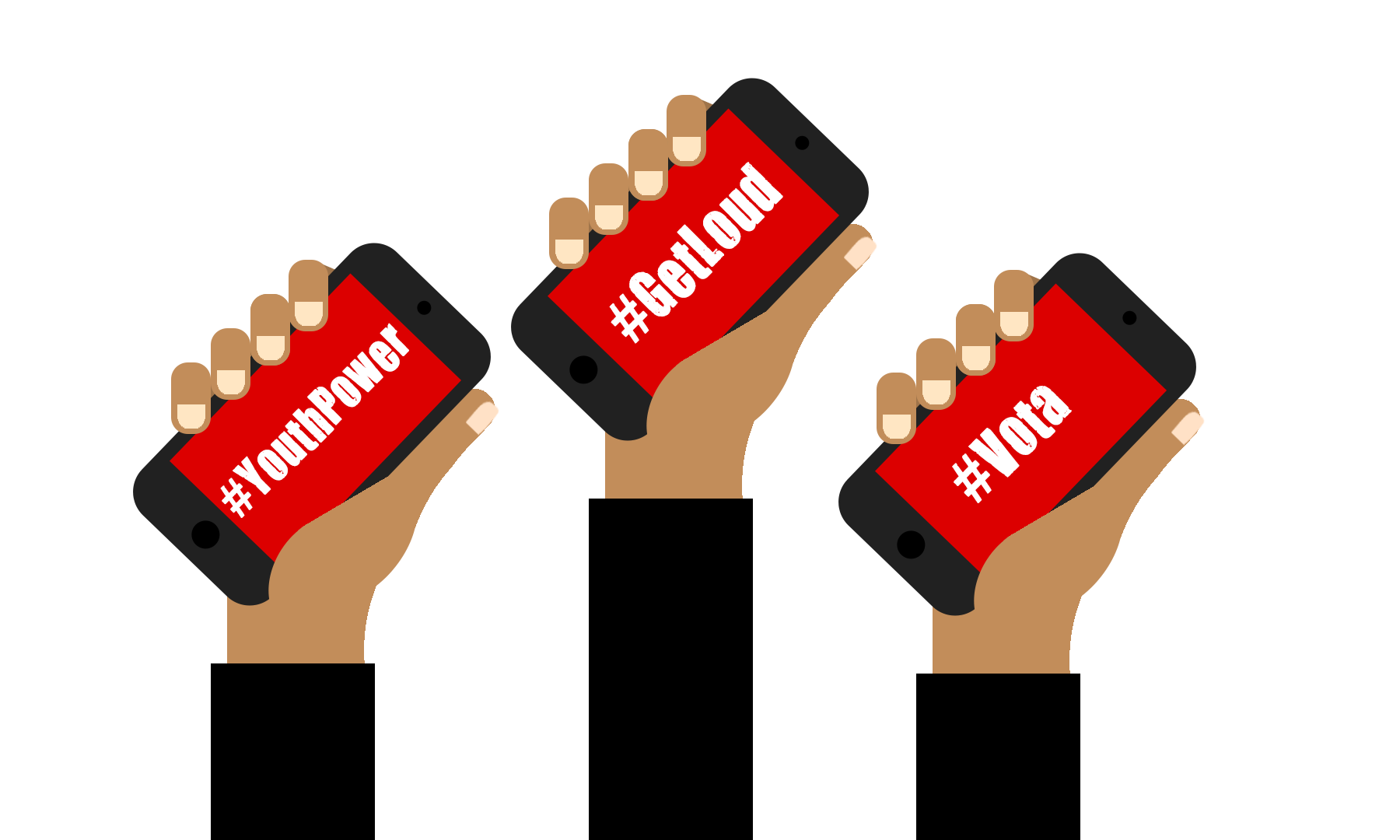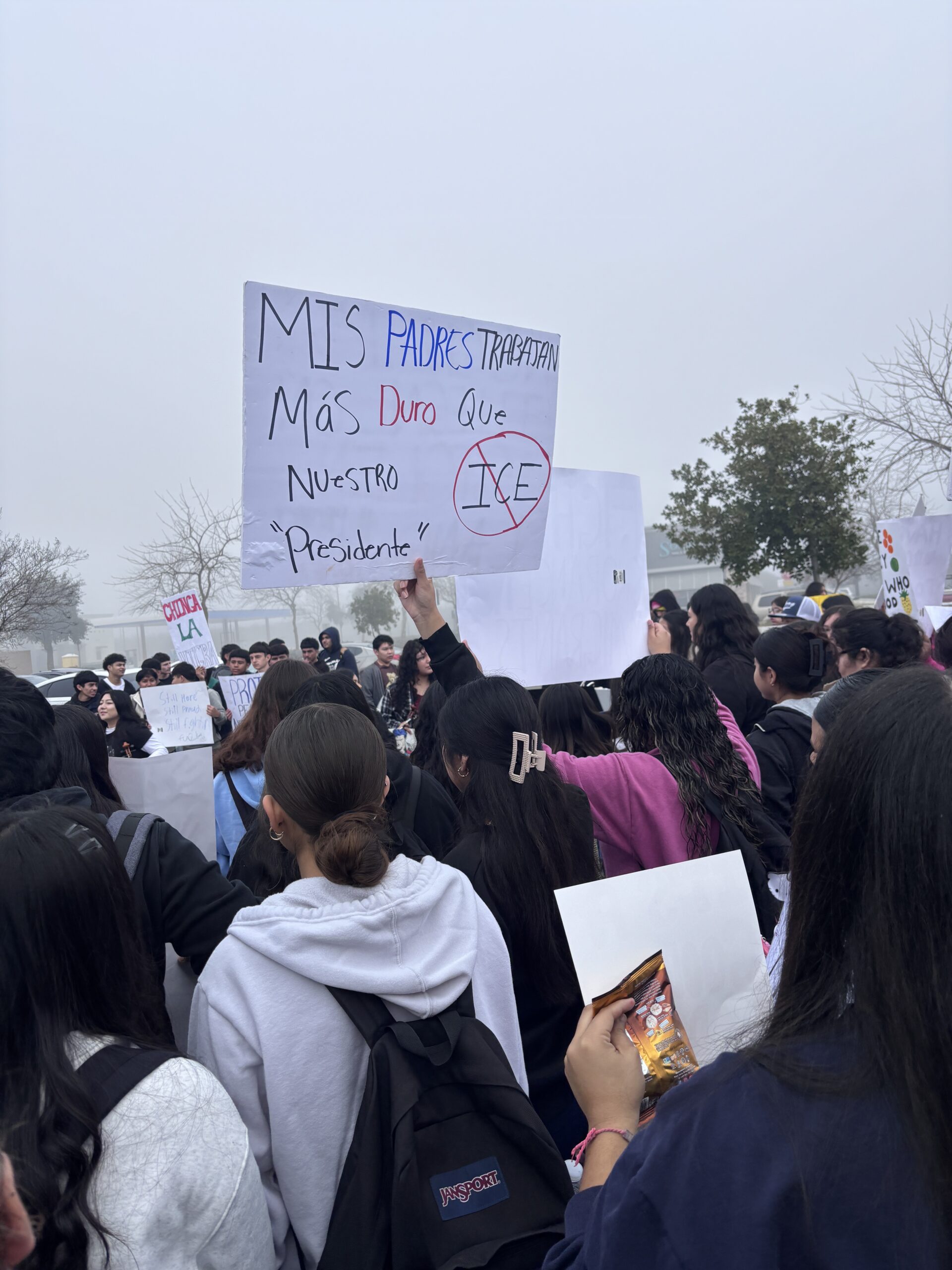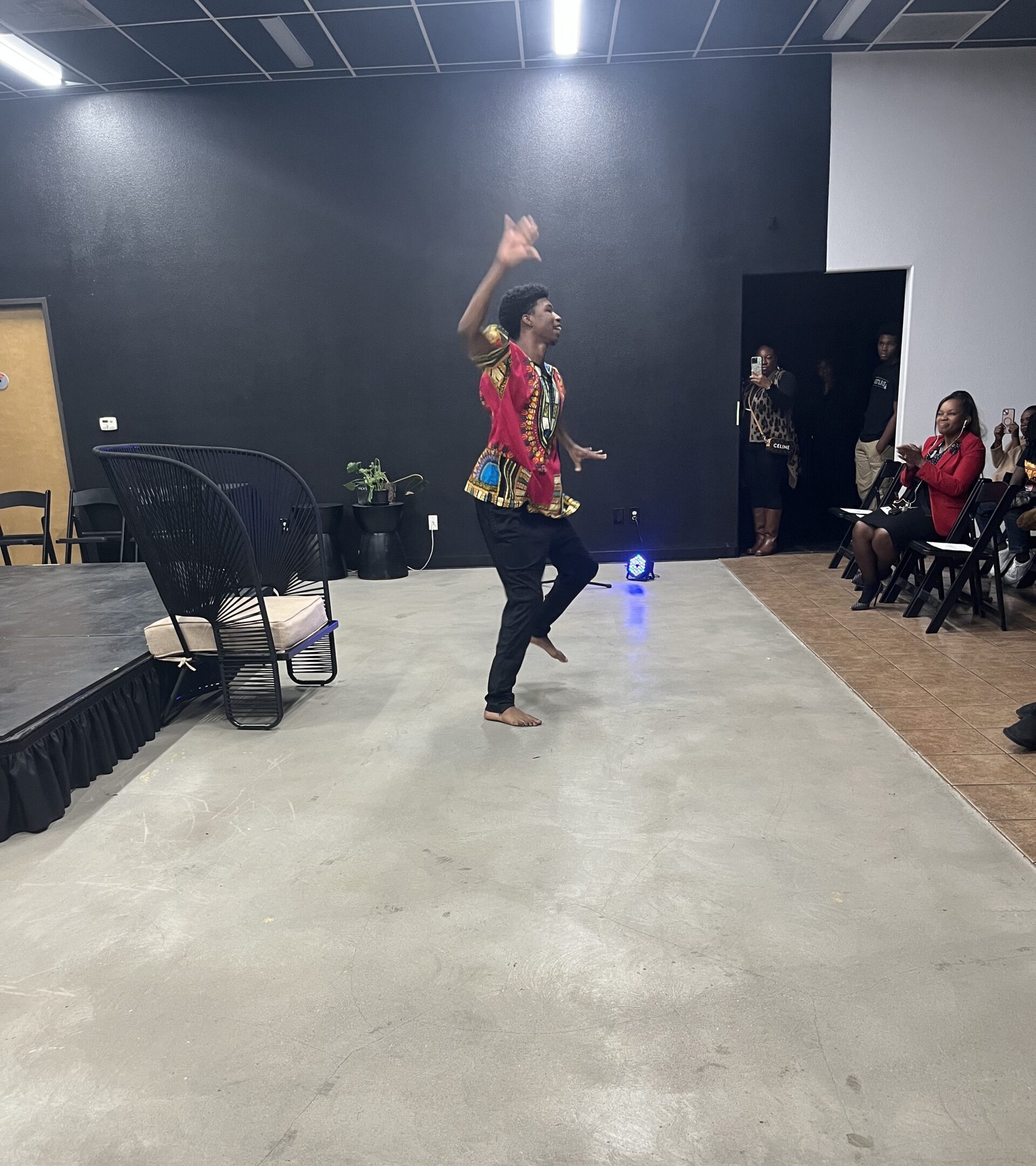FRESNO, Calif.– Marissa Vang remembers first learning about the democratic process in the 5th grade. With Schoolhouse Rock and How a Bill Becomes a Law she got her first glimpse of the political world that she would eventually become a part of.
But not yet.
At 17, Vang has yet to reach voting age and so remains all but invisible to the traditional power brokers. But instead of simply waiting for her turn to vote, Vang says she has found a way to make her voice heard through social media.
“My current legal age prevents me from voting, but I know I am a ‘like,’ retweet,’ or petition away from change,” Vang told a crowd during a reception in April for local youth groups Fresno Boys and Men of Color (BMoC) and Women Empowered.
Vang, who is also a member of the newly created Fresno Youth Commission, said her message is simple: social media is a form of social activism.
“I use social media for activism, to voice my thoughts on certain issues, especially using hashtags to continue conversations with others,” Vang said. “It is important for young people … to share their stories and opinions publicly so that those who may be hesitant [to do so] will know that there are other people out there who feel the same way.”
And the data bears that out. A recent poll shows that over half of California youth report using social media to share their political opinions and 69 percent reported that seeing their peers share their opinions about issues on social media makes them more interested in getting involved themselves.

Even young people who are of voting age see social media as a way to be politically active in addition to the voting booth.
Jeremy Miller, 23, a member of Fresno BMoC and the Police Chief’s Youth Advisory Council, echoes Vang’s sentiment. “Technology and an online community presence are important to my peers and me,” Miller said at the April event. “My online presence has allowed me to voice my opinions on issues that may not occur locally, but impact how safe I feel in my community.”
Miller, who remembers being socially active as far back as 7th grade, has most recently been involved in pushing for criminal justice reform, advocating for health care for the undocumented and more park space in Fresno. He also recently traveled to Washington D.C. to advocate for community policing reform.
“Voting is just one of the ways to be active in the arena of politics, but voting isn’t the only thing we should be doing,” said Miller. “People should be talking and having conversations about what is affecting them locally, nationally and globally. Every individual is an expert on their daily life; what they see and what they think is needed within their community.”
Lauren Baker, 26, says her activism grew out of the political differences within her own family, and how those differences colored her view of the events of the time, from the Monica Lewinski scandal that rocked the Clinton White House to the Supreme Court ruling in Bush v. Gore.
Social media is “an absolute game changer when it comes to political activism,” says Baker, who volunteers as a campaign organizer for Democratic presidential hopeful Bernie Sanders. Baker uses social media to organize campaign events, provide information and to convince friends and followers to support Sanders.
“We never had such capabilities during any election prior to Obama. I would hope we use it properly to our advantage during this very tense election period as we have so much to gain and … so much to lose.”
Baker does not rely solely on her ability to vote to be politically active. Just like Vang, Miller and the countless other youth on sites like Twitter, Facebook and Tumblr, she has taken her political activism to the digital world.


